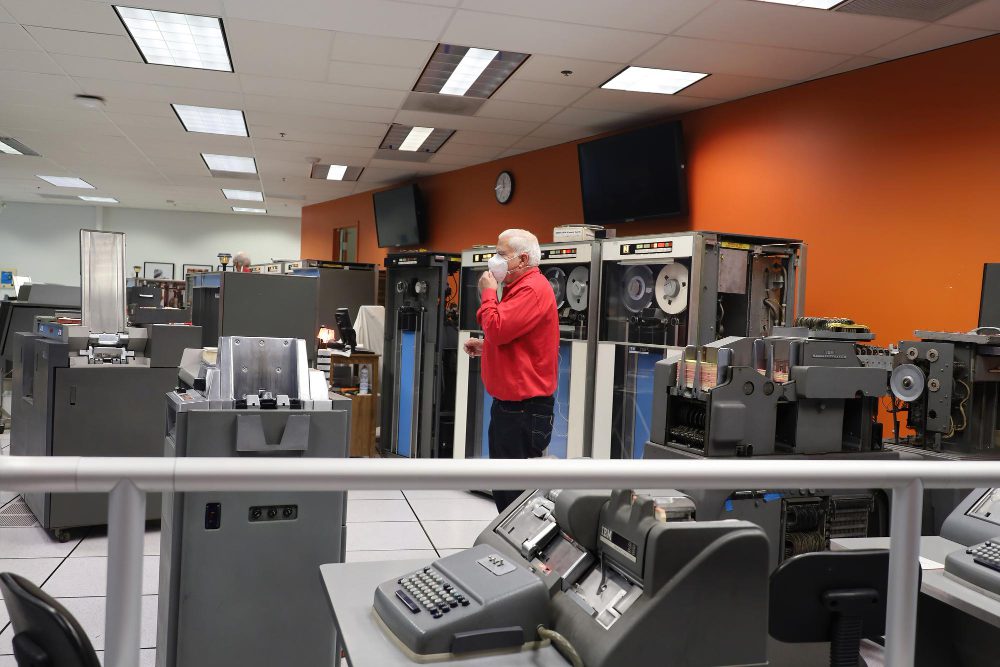
How does an ERP fit into the operations of an Electronics and Appliances Distribution Company
Electronics and appliances distribution companies face numerous challenges, from managing complex supply chains to coordinating promotions effectively, to tackle such challenges and staying ahead of the competition requires more than just quality products and competitive pricing. It demands a seamless and efficient operation that can adapt to changing market demands while maintaining profitability. This is where Enterprise Resource Planning (ERP) systems come into play, revolutionizing the way distribution companies manage their operations.
An ERP system is crucial for streamlining and optimizing the operations of an Electronics and Appliances Distribution Company. By integrating different business functions like inventory management, order processing, sales tracking, accounting, and customer relationship management into a centralized platform, an ERP system offers complete visibility and control over the entire supply chain. Through centralizing and automating key business processes, an ERP system enhances operational efficiency, reduces costs, improves decision-making, and fosters sustainable growth to the companies.
The Key Role of ERP in Inventory Management
The Visibility of Inventory in Real Time:
One challenge that stands out in the distribution industry is maintaining exact stock figures across numerous warehouses and distribution centres. Enterprise Resource Planning (ERP) systems allow one to see all his or her eggs in one basket by showing what they have, where it is and how fast it’s moving. They are like a bird’s eye view for managers who can monitor levels of supply chain stocks at particular points; this helps them keep track of fluctuations as well as identify patterns over time. Such systems enable decision makers within an organization make good choices on levels of stocking different items, when to renew them and which areas should be supplied with what quantities so that every necessary item remains available whenever required by customers or end users.
Automation versus Efficiency:
Manual inventory tracking methods do not work anymore because they take too long before yielding any results. ERP software eliminates repetitive manual data entry tasks thereby saving time for staff members involved in such operations to focus on more strategic matters. It was said earlier that these systems provide visibility into various areas of a supply chain hence this also includes order processing stages among other things like counting physical goods i.e., bar-code scanning; RFID technology could be integrated at some level thus making work flow faster than before which reduces chances of errors being committed during process handling different types or sizes etc., automation should everywhere speed everything up make less mistakes across the board plus streamline processes.
Anticipation Of Demand And Planning For It:
Fluctuations in demand may occur due to seasonality, consumer behaviour changes brought about by new product introductions amongst others factors. With advanced forecasting algorithms based on historical sales data coupled with market trends analysis incorporated within ERP solution modules; organizations become capable of predicting future demands with unmatched precision – companies know exactly how many units are likely going to be ordered next week month year based on current orders received so far. This approach enables companies not only avoid running out but also having too much inventory at any given point thus maximizing customer satisfaction levels while ensuring that profits remain high.
Maximizing Marketing Impact: Managing Promotions with ERP System
Effective promotions are essential for attracting customers, boosting sales, and staying ahead of the competition. ERP systems helps in offering comprehensive solutions to streamline and optimize promotion management processes for distribution companies.
ERP systems revolutionize promotion management for electronics and appliances distribution companies by offering centralized planning, automated execution, and real-time performance tracking. With ERP’s centralized repository, all promotional activities, from campaign objectives to target audience and timelines, are stored in one platform, ensuring stakeholders have access to up-to-date information for seamless collaboration and strategic planning.
Integration with Marketing Channels:
Promotions need to be seamlessly integrated across multiple marketing channels, including websites, social media platforms, email campaigns, and mobile apps. ERP systems offer integration capabilities that allow distribution companies to synchronize promotion details and messaging across all marketing channels.
The Advantages of ERP in Supply Chain Management for Electronics and Appliances Distribution Companies
- 360° Supply Chain Visibility: Integration of ERP systems with SCM software provides real-time insights into inventory levels, demand forecasts, production capacity, and customer delivery expectations.
- Optimized Inventory Management: ERP systems equipped with robust inventory management capabilities automate inventory replenishment, track stock movements, and minimize uncertainty. Balancing demand forecasts with supply constraints reduces the risk of disruptive stockouts during peak demand while optimizing inventory turnover and reducing carrying costs.
- Monitoring Vendor Performance: ERP systems maintain detailed records of all suppliers and facilitate real-time collaboration, enabling organizations to monitor key performance indicators and supplier metrics. Informed decisions about supplier selection, negotiation of terms, and consistent monitoring ensure that vendors meet performance expectations, mitigating supply chain risks.
- Greater Supply Chain Resilience: Integration of ERP systems with SCM software enhances control and agility in responding to supply chain disruptions. Quick adjustments in production schedules, rerouting shipments, and collaboration with alternative suppliers minimize disruption impacts, ensuring business continuity in dynamic environments.
- Data-Driven Decision-Making: ERP systems empower organizations to leverage real-time data for actionable insights throughout supply chain operations.
ERP that supports Integration with other applications
Integration with other software is crucial for an ERP system to enhance its functionality and provide maximum value to businesses. An ERP integration is the process of connecting ERP system with another software. This integration facilitates the seamless sharing of crucial data and information essential for various business processes. It serves as a method of automating routine operations and enhancing productivity throughout the organization. ERP Integration is a strategic move that not only resolves existing inefficiencies but also lays the foundation for sustainable growth and competitive advantage.
Some common types of third-party software that are often integrated with ERP systems:
- Customer Relationship Management (CRM) Software
- Warehouse Management System
- Supply Chain Management Software
- Human Resource Management (HRM) Software
- Accounting and Financial Management Software
- Business Intelligence (BI) and Analytics Software
Conclusion:
An effective ERP system plays an important role in enhancing inventory management, promotion management, supply chain management and that supports integration with other applications for electronics and appliances distribution companies. ERP systems should provide a comprehensive view of inventory levels across multiple warehouses and distribution centres in real-time, automate routine tasks such as stock counting, order processing, and replenishment to improve operational efficiency. ERP systems should also leverage advanced analytics and forecasting algorithms to predict future demand with accuracy.
ACCNU ERP the best ERP for distribution companies stands out as a comprehensive solution dedicated to streamlining operations effortlessly. ACCNU ERP is committed to providing high-quality products and exceptional customer service, ensuring that companies can maximize their efficiency and productivity with ease. By offering real-time inventory visibility, automation of routine tasks, accurate demand forecasting, centralized promotion management, and seamless integration with other software applications. With ACCNU ERP, companies can optimize their operations, minimize costs, and maximize customer satisfaction, positioning themselves for long-term success and growth.


